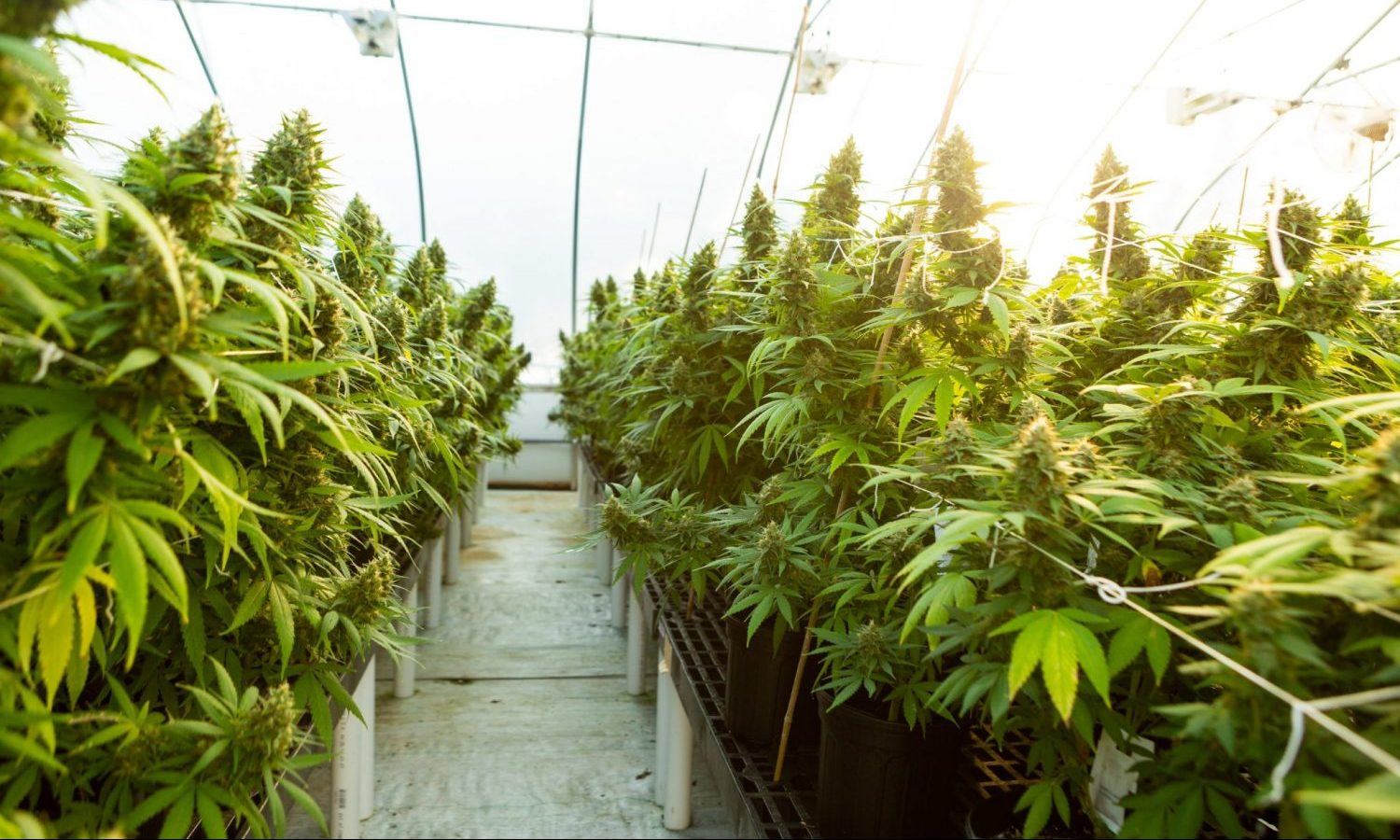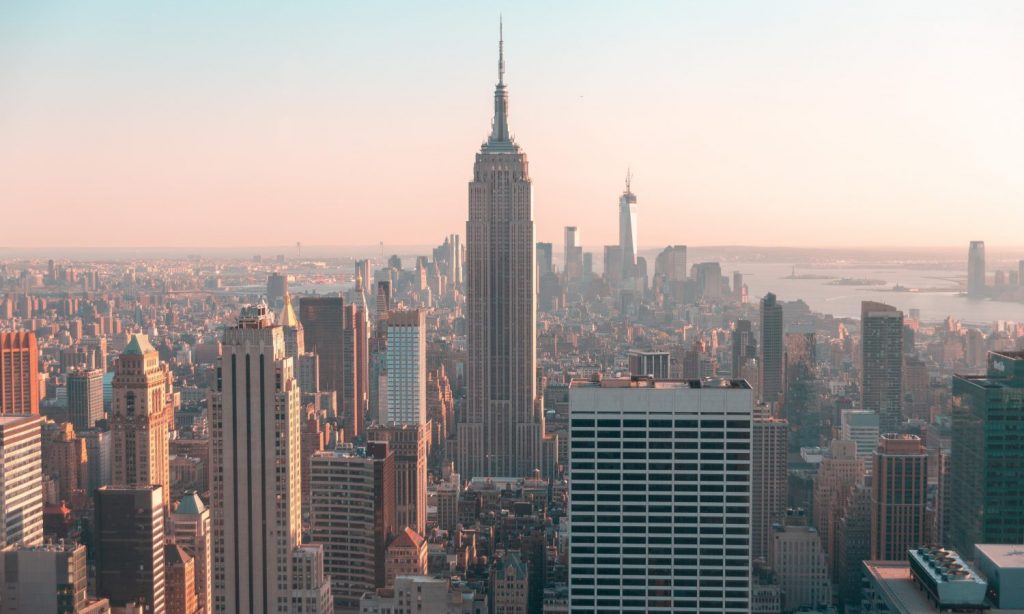
Will New York Cannabis Law Make Profound Changes in the Hemp Industry?
On March 31, Governor Andrew Cuomo signed the highly anticipated Marihuana Regulation and Taxation Act (the “MRTA”). Here you will find our ongoing coverage of all MRTA topics. What is not apparent from the title of this new law, however, is that it contains provisions that may change the way the state will ultimately regulate its hemp industry.
The MRTA is the first state law to propose centralizing regulation of cannabis operators, including hemp and marijuana stakeholders. As mentioned earlier, the MRTA tasked the Cannabis Control Board (the “CCB”) with implementing rules and regulations for “Cannabinoid Hemp” and Marijuana, which will eventually be administered by the Office of Cannabis Management (the “OCM”).
Photo by Joshua Earle via Unsplash
This is important in that the state enacted A08977 a year ago mandating the New York Department of Health (“DOH”) to develop the state’s “Cannabinoid Hemp Program” (the “Program”), which the To regulate the processing, manufacture and sale of hemp extract and cannabinoid hemp products (finished hemp products used for human consumption, excluding cosmetics) in the state.
RELATED: How New York Became the Newest Global Cannabis Tourism Destination
Launched in November 2020, the program requires processors, manufacturers and retailers of these cannabinoid hemp products to obtain a license from the DOH and sets quality control standards in the form of proposed rules (the “Rule”). Although the DOH accepts applications for cannabinoid hemp processors, retail licenses, and distribution permits, the state agency has yet to pass the rule and post it on the New York State Register. This means that no state hemp processor, distributor or retailer is formally operating under these new regulations – the only lawful and formally regulated establishments in the state are currently limited to activities under research partnership agreements with the Department of Agriculture and Markets (the “NYDAM”) .

However, the MRTA provides that the existing rules, regulations and provisions of the DOH relating to cannabinoid hemp at the time the CCB and OCM took over regulation of these products will remain in place until this new regulator adopts or repeals them. It therefore remains to be seen whether the DOH decides to complete the regulatory process or whether the CCB and the OCM will postpone the decision whether the rule in its current form or in a version of it is to be adopted in the months .
RELATED: New York City’s Proposed Rules For Hemp Products: A Model for the Industry
From reading the MRTA, it can be seen that Article 5, which contains provisions regulating cannabinoid hemp products and hemp extract, is generally in line with the rule, as it contains similar definitions and mandates, for which cannabinoid hemp processors and traders are legally licensed Enter this market.
However, Article 5 also includes language that suggests that the CCB may have additional requirements for the hemp industry. For example, the MRTA provides that wholesale activities will not be approved without proper registration or approval. It also provides that the CCB can issue “special permits,” which are temporary permits to engage in activities related to cannabinoid hemp, hemp extract and products made from hemp that have been licensed by the agency.
While it is impossible to determine how much the MRTA and its upcoming regulations will affect the hemp industry, one thing is certain: Stakeholders who are not currently part of a NYDAM research partnership agreement will have to wait a little longer before legally stepping into New can York’s cannabinoid hemp market.
is an attorney with Harris Bricken. This article was originally published on the Canna Law Blog and is republished with permission.

Post a comment: